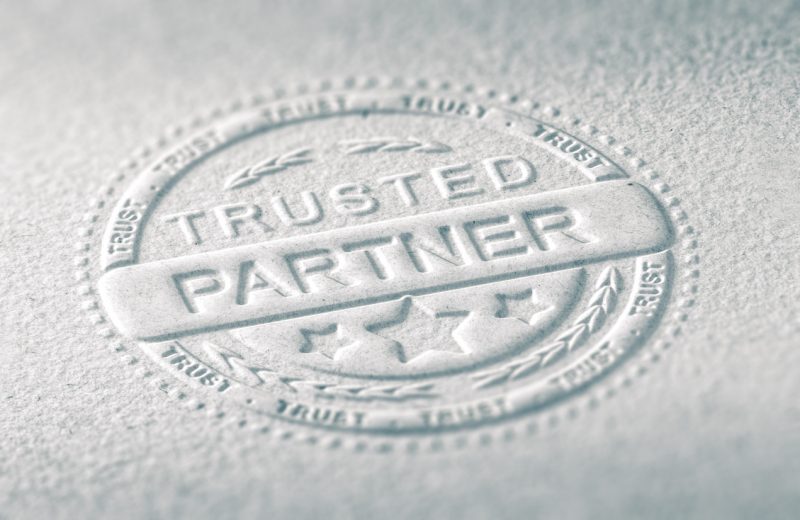
Algorithm
The formula search engines use to rank websites and determine whether they merit appearing on page 1 or elsewhere in search results.
Authenticity
The quality of being genuine; a valued quality among bloggers and the larger online community.
Astroturfing
Writing fake comments and reviews.
Branded Content
Content that promotes and cultivates a rapport between a targeted audience and a brand’s products and/or services.
Black Hat SEO
Using unethical methods to attempt to raise the ranking of websites in search engine results.
Content
Information delivered in any medium, whether text, videos, podcasts or images. (When two or more media are juxtaposed it is described as “multimedia content.”)
Content Aggregator
A software or web application which collects, combines and publishes a range of syndicated web content (such as news headlines, blogs, podcasts and video blogs).
Content Farms
Companies which create low-quality Internet content with the goal of having their content rank highly in online searches.
Digital Assets
Online images, multimedia and textual content files.
Domain Squatting (also known as cyber squatting)
Registering or using a domain name with the intent to profit from the goodwill of a trademark belonging to someone else. The cyber squatter then offers to sell the domain to the person or company who owns the trademark contained at an inflated price.
Doxxing
Tracing someone or gathering information about an individual using sources on the Internet, then publishing their private information with malicious intent.
Forum
An online discussion site.
Link
A URL name or description providing an instant connection to a different Web site or section of a Web site. A Web site’s page rank on Google (and other) searches is influenced by the number of links pointing to it (“inbound links”), and the quality of the sites they are linking from.
Linkbait
A marketing technique to increase a website’s popularity by providing content that entices visitors to include a link to the website at their own sites.
Link farms
A website created solely for the purpose of increasing the page rank of other sites with indiscriminate outbound links. Most search engines penalize sites connected to link farms.
Name space
A person or company’s name online.
Online audit
An assessment of a subject’s online image: typically a person, business or organization.
Online communities
Social networks where people communicate online. Also called “virtual communities.”
Online image
A subject’s online reputation. Mainly determined by the content appearing in top results in a Google (or other search engine) search of the subject’s name.
Online monitoring
Real-time monitoring of the information available about a person, business, organization or other topic on the Internet, including on social media.
Online reputation management
Establishing, improving and monitoring the publicly available online information about a business or individual.
Page rank
A continually changing value based on a complex algorithm assigned to a Web site or page to determines its position in a search engines’ results – the higher the page rank, the more likely people will find the web site or page.
Search engine optimization (SEO)
Strategically designing a Web site so it gains a higher page rank and consequently attract more new visitors.
SEO-optimized
Website or page that has been designed to be accessible to search engines and improve the chance that the website will be found and ranked by search engines.
Social media
Online communication between people using a variety of platforms, including blogs, forums and Twitter.
Social network
A network of individuals connected through a social media platform such as Facebook.
Sock puppet
An email or social media account set up to publish fake online content.
Transparency
Openness and sincerity in online communications.
Troll
A person who sows discord on the Internet by posting inflammatory, extraneous, or off-topic messages in an online community.
White Hat SEO
Search engine optimization techniques that involve no deception.
Viral Media
Content that attracts new viewers mainly through word-of-mouth in social networks and possibly result in significant and rapid visibility.
For more in-depth information, read The Essentials: Online Reputation Management FAQ.










